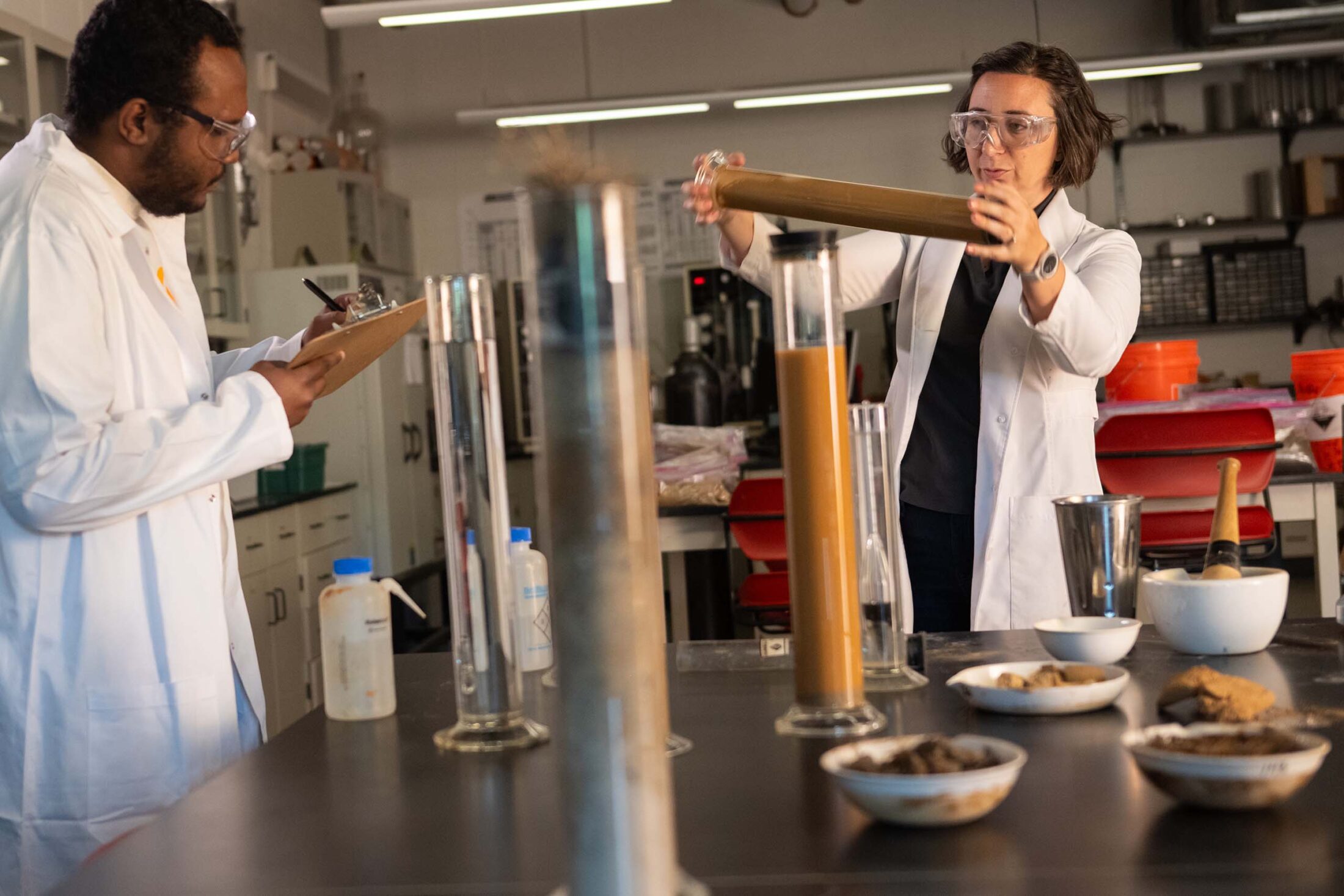About

UT began leading mobility innovation with the creation of the Center for Transportation Research in 1972. Now, 50 years later, the mobility sector faces many new questions and ongoing challenges. We continue to apply our research to developing solutions that benefit Tennesseans and the world. We’re also helping prepare a world-class workforce to help ensure that the US—and Tennessee specifically—maintains a leadership position in the global mobility ecosystem and innovation economy.
Our Mobility Gateway
Since mobility is a broad multidisciplinary field of study, the Institute for Future Mobility serves as a centralized gateway to all mobility-related research at UT. It connects faculty in various departments as well as facilities found throughout UT’s physical footprint. It sets our shared vision for the future and represents the goals that propel our work across academic disciplines and modes of transportation.
“The future of mobility is happening in Tennessee—and it’s happening now. That’s why we are so excited to bring together real-world industry experience and the expertise of our state’s flagship research institution. Together with our partners, we are developing the technologies that will transform the automotive industry and build the workforce of the future.”
—Donde Plowman, UT Chancellor
Vision
Tennessee is recognized as a global center of excellence in mobility research, development, and manufacturing because we solve real industry challenges and meet real people’s needs.
Goals
- Explore, invent, and validate new technologies, processes, systems, and services that are responsive to mobility consumer and industry needs
- Strengthen Tennessee’s mobility innovation ecosystem by increasing the supply of serial entrepreneurs, enabling the establishment of new high-growth companies, and attracting and retaining existing companies
- Prepare current and future generations of workers to contribute to Tennessee’s mobility economy, providing inclusive access to education and training opportunities that also allow workers to reskill and upskill as the technological landscape evolves
- Create shared R&D testbeds and facilities that support the development and deployment of cutting-edge mobility solutions in real-world environments
- Innovate technologies that will allow for cheaper, cleaner, and more efficient transportation of people and goods
